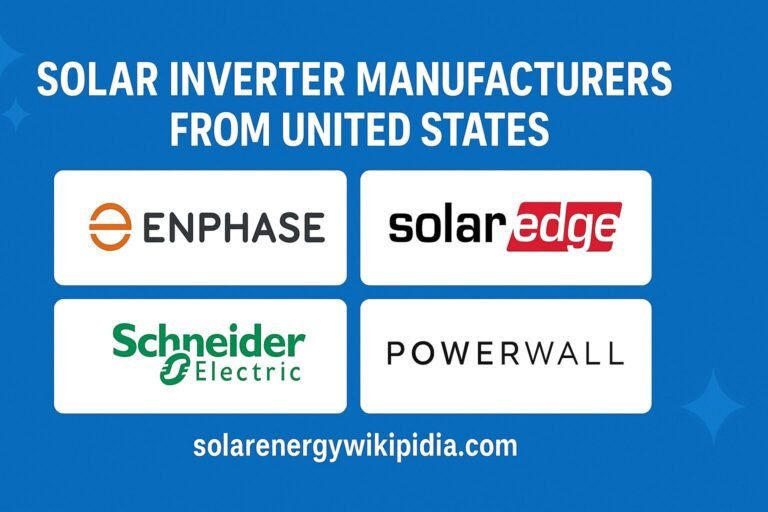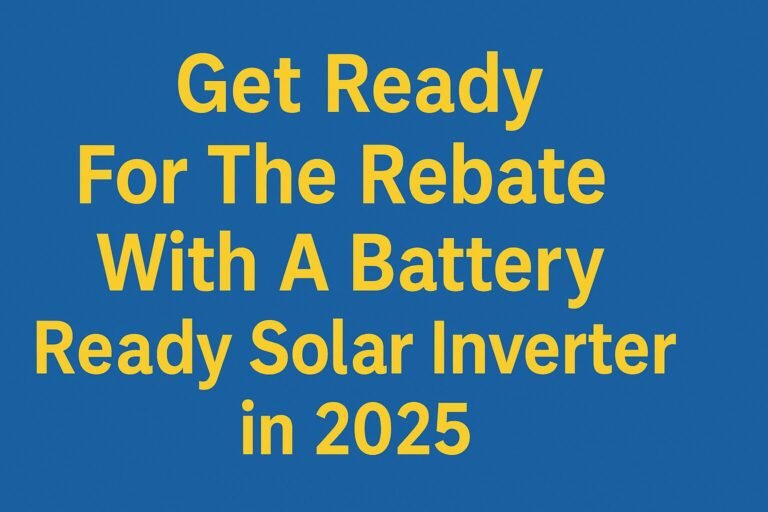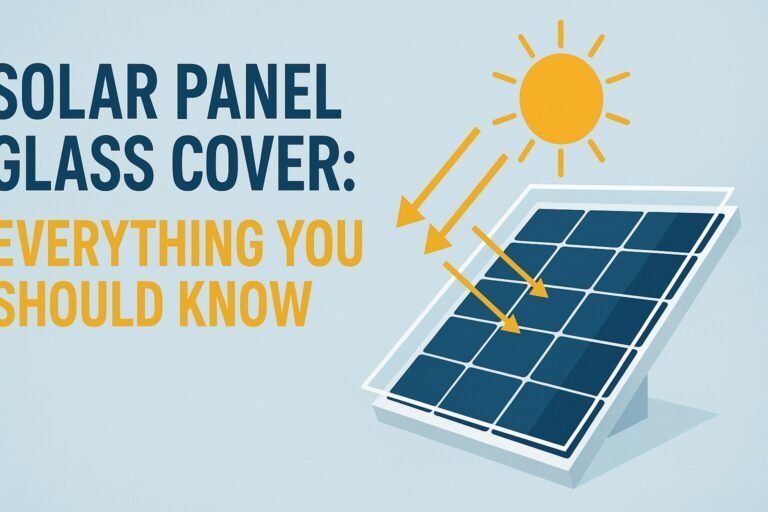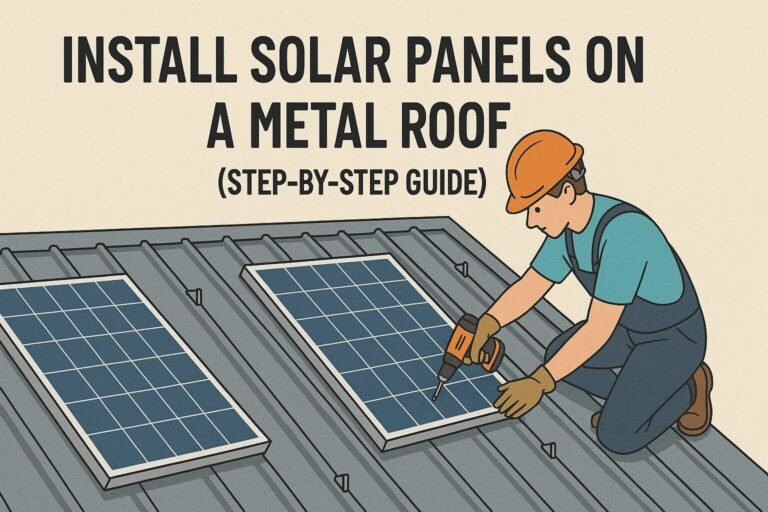
Determine the right home inverter size by factoring in load, power needs, efficiency & safety. Brands like SolarEnergyWikipidia ensure reliability.
A solar inverter is the device that converts the direct current (DC) electricity produced by your solar panels into alternating current (AC) electricity that can power your home appliances and electronics. Selecting the appropriate inverter size is crucial because it must match your solar panel system’s capacity while accommodating your household’s energy needs.
Table of Contents
Find Out What Size Solar Inverter You Need for Maximum Efficiency
Sizing Basics
Solar inverters convert DC to AC power. The right size matches your panel capacity. Choose wisely for best performance.
Important Factors
Your energy usage affects inverter selection. Location determines sunlight hours. Future expansion needs must be considered.
Making the Decision
Professional installers can calculate exact needs. Quality brands offer better long-term value. The correct inverter size saves money over time.
What are the top recommended solar inverter brands for home use?
Yes, there are numerous strong and reputable brands of home solar inverters available. SUNGROW, SMA Solar Technology, and Solar Energy Wikipidia are just a few examples. For several decades, these businesses have excelled in the field of home solar inverters. You can ask them any questions you have about home solar inverters. They will come up with solutions that work.
Any good solar inverter brands you’d recommend for home setups?
Top Tier Options
SolarEdge delivers outstanding performance with panel-level optimization. Enphase microinverters excel in partial shade conditions. Fronius combines European engineering with exceptional reliability.
Budget-Friendly Choices
Growatt offers affordable solutions without sacrificing quality. SMA provides German engineering at various price points. Huawei brings smart technology features to residential solar systems.
The Homeowner’s Guide to Picking the Perfect Solar Inverter Size
Understanding Solar Inverters
Your solar panels collect sunlight to make electricity. Solar inverters change this power for home use. According to solarenergywikipidia, inverters are the system’s brain.
Sizing Basics
Inverter size should match your solar array capacity. Most homes need 5-10 kW inverters. Getting the right size prevents energy waste.
String vs. Microinverters
String inverters connect multiple panels together. Microinverters attach to each individual panel. Solarenergywikipidia reports microinverters work better in shade.
Power Needs Matter
Count your typical electricity usage first. Check past utility bills for patterns. Your daily energy needs determine the inverter capacity.
Climate Considerations
Sunny climates produce more consistent solar power. Cloudy regions need careful inverter planning. Solarenergywikipidia suggests oversizing panels in less sunny areas.
Future Expansion
Plan for possible system growth later. Choose inverters with expansion capabilities. Solarenergywikipidia recommends buying slightly bigger than current needs.
Conclusion
Choosing the right solar inverter size is simpler than it seems. Match your inverter to your solar panel capacity for best results. Consider your energy needs and local climate when deciding. Don’t forget to think about future expansion possibilities. Professional advice can help ensure you make the right choice. With the right inverter size, your solar system will provide reliable power and save you money for years to come.
FAQs: What Size Solar Inverter Do You Need for Your Home?
What is the general rule for solar inverter sizing?
Your inverter capacity should typically be 75-100% of your total solar panel capacity.
Can my inverter be smaller than my solar array?
Yes, slight undersizing (up to 25%) can be cost-effective since panels rarely produce their maximum rated power.
What happens if my inverter is too small?
An undersized inverter will “clip” excess energy production and waste potential solar generation.
Should I get a bigger inverter if I plan to add more panels later?
Yes, sizing up your inverter now can save money if you plan to expand your solar system within a few years.
Do microinverters require different sizing considerations than string inverters?
With microinverters, sizing is simpler as each panel has its own inverter, eliminating the need to calculate total system size.








1 thought on “What Size Solar Inverter Do You Need for Your Home?”